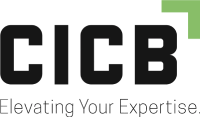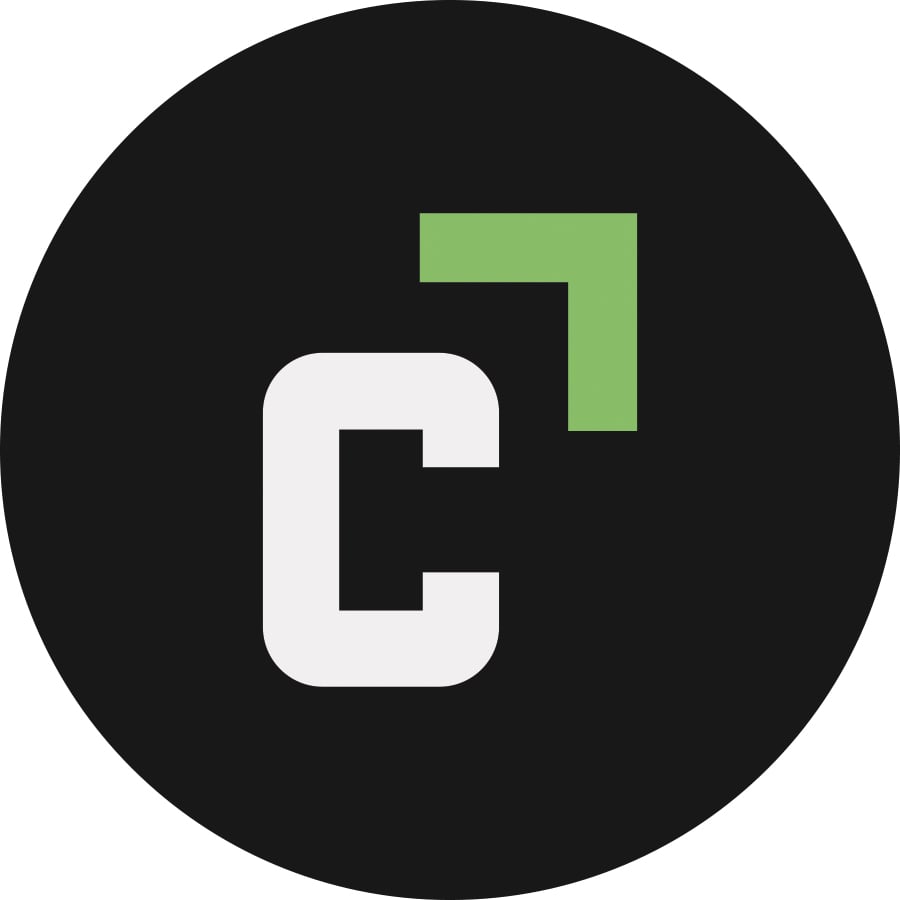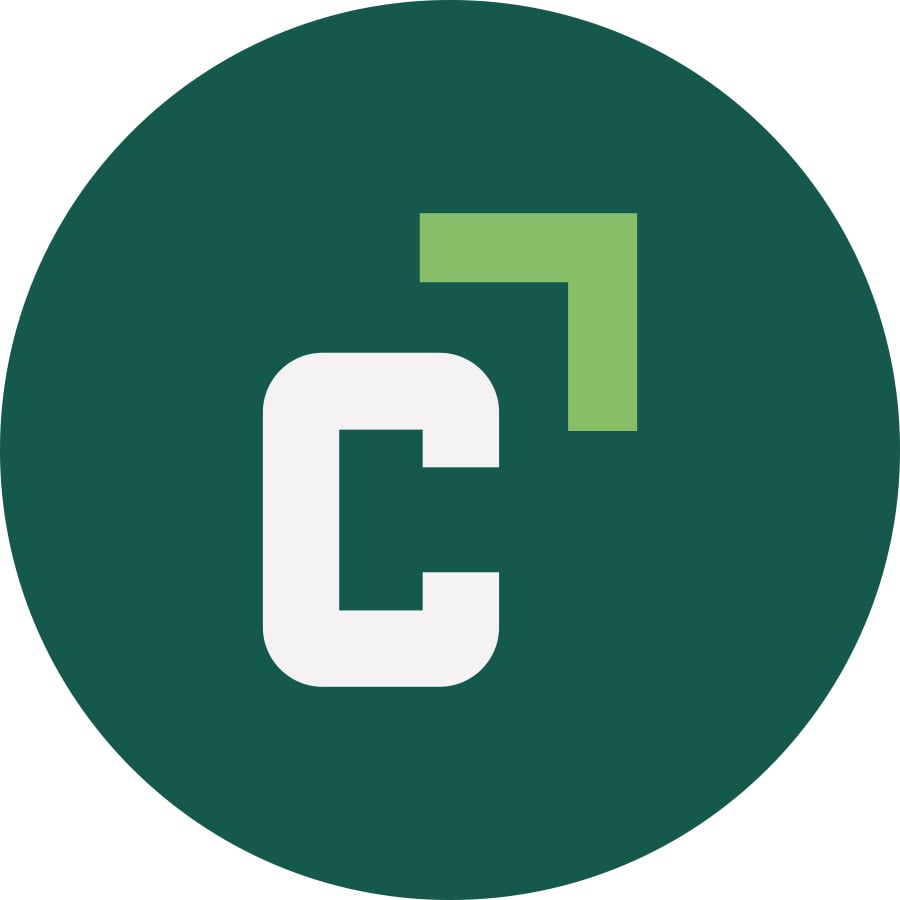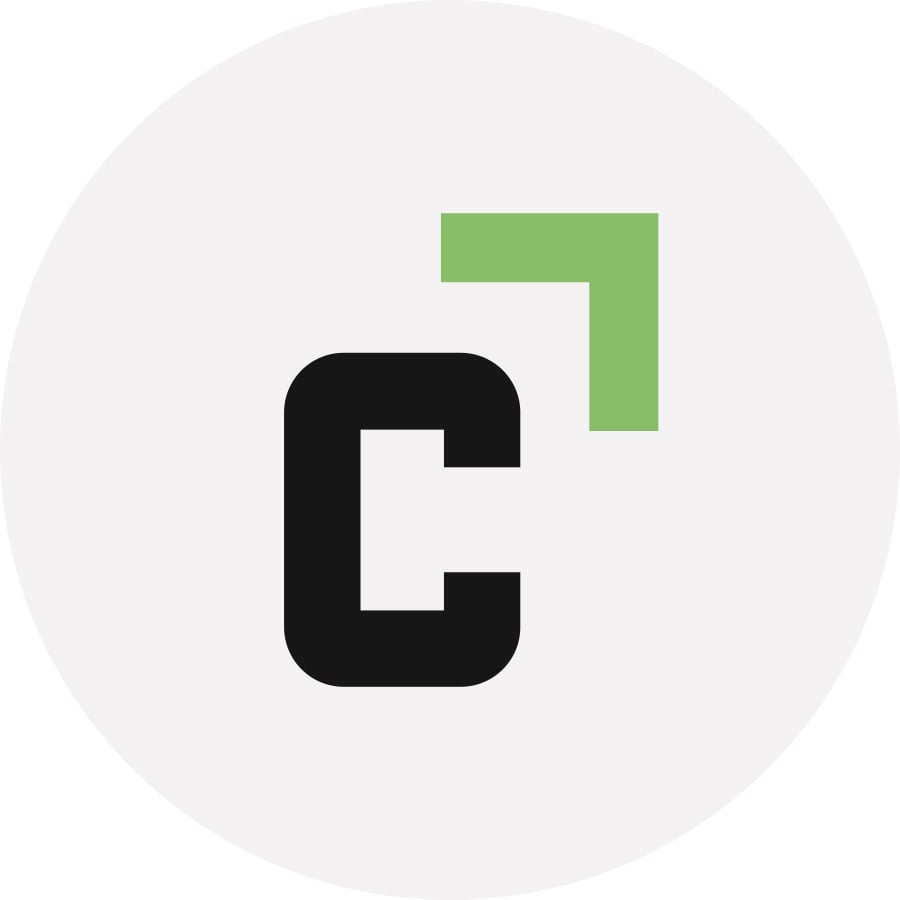
CICB’s Mobile Elevating Work Platform Operator Train the Trainer program (commonly known as Aerial Work Platform Operator) is specifically designed for a company’s in-house operations and/or training personnel who will be actively involved in the development and/or presentation of an in-house Mobile Elevating Work Platform Operator safety program.
Through a series of key objectives and adult learning principles, the program develops each trainer’s skills and provides the tools necessary to create a productive and interactive lesson and presentation plans.
The results of the developed program are well suited for in-house presentation to managers, supervisors, operators, and maintenance personnel to increase their knowledge and skill levels in safe aerial work platform operations including safety awareness, compliance, and proper use of equipment to reduce maintenance costs and improve production.
Information in this one-day program includes the major course topics outlined below, as well as the application of the course topics for trainers to develop a program specific to their company.
Our Train the Trainer courses are fully customizable, and we can add additional days to your program, to ensure your needs are fully met.
Types of Mobile Elevating Work Platforms (Aerial Work Platforms) Covered:
- Manually Propelled Elevating Aerial Platforms
- Boom-Supported Elevating Work Platforms
- Self-Propelled Elevating Work Platforms
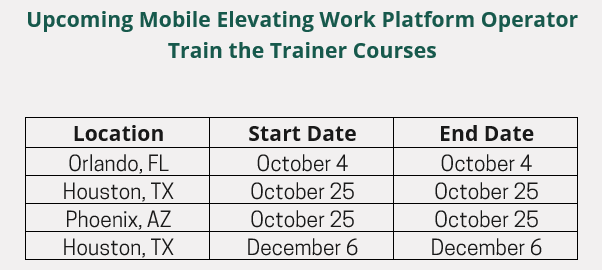
Major program topics include:
- Adult Learning Principles
- Developing Course Objectives
- Developing Course Curriculum
- Developing the Instructor’s Guide
- Presentation and Communication Techniques
- Developing Testing Procedures
- Developing Pre and Post Class Surveys
- Operator Requirements and Responsibilities
- Effective Communications Among Personnel
- Applicable OSHA & ANSI/SIA Safety Standards
- Aerial Work Platform Nomenclature and Construction
- Operator Qualifications
- Operator Requirements and Responsibilities
- Safe, Effective and Efficient Operating Techniques
- Operational Limitations
- Methods and Forms of Communication
- Equipment Overload, Shock Loading,
- Pre-Operation & Post Operation Inspections
- Inspection Procedure and Documentation
- Equipment Maintenance
- Minimizing the Opportunity for Accidents
